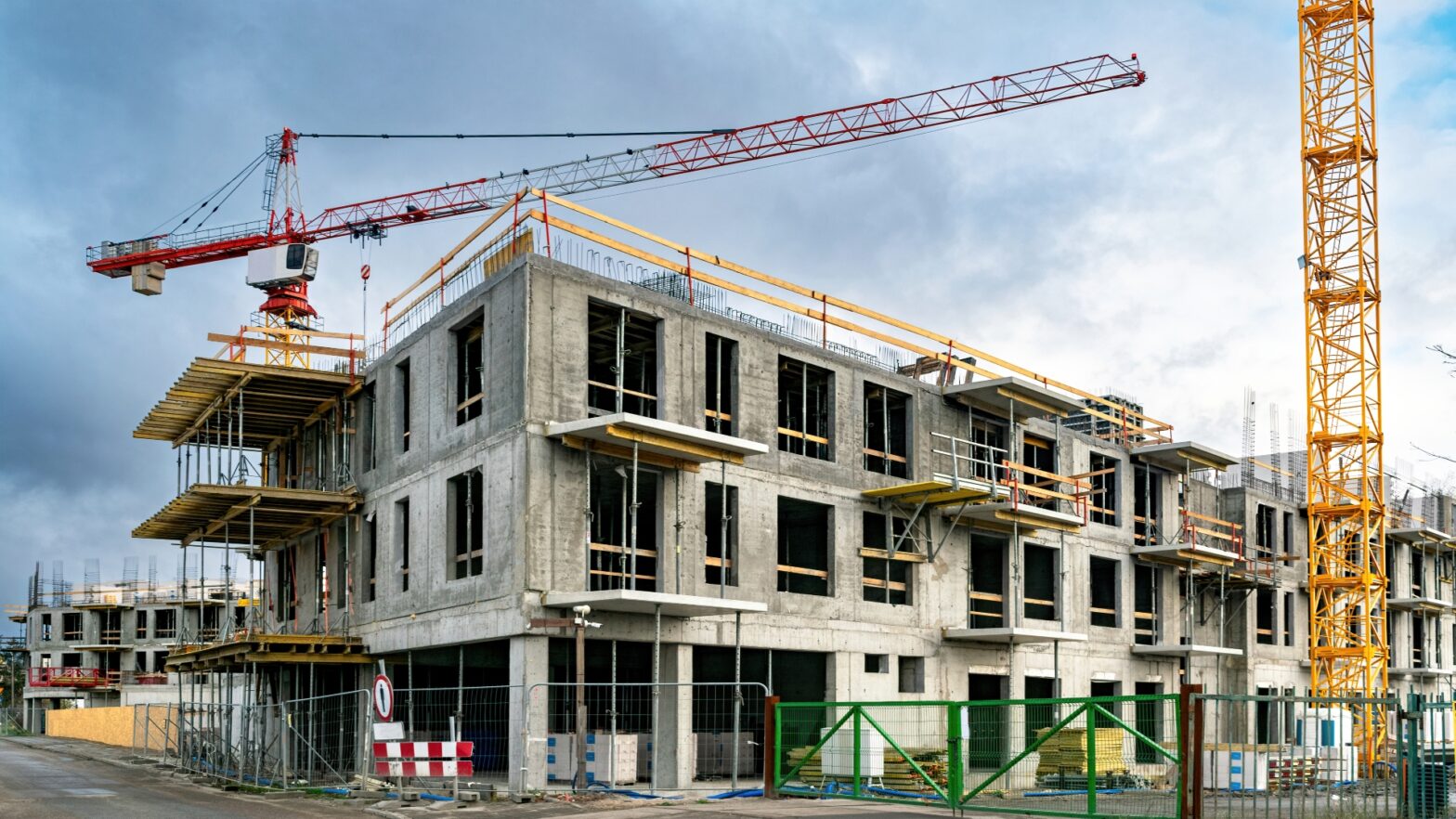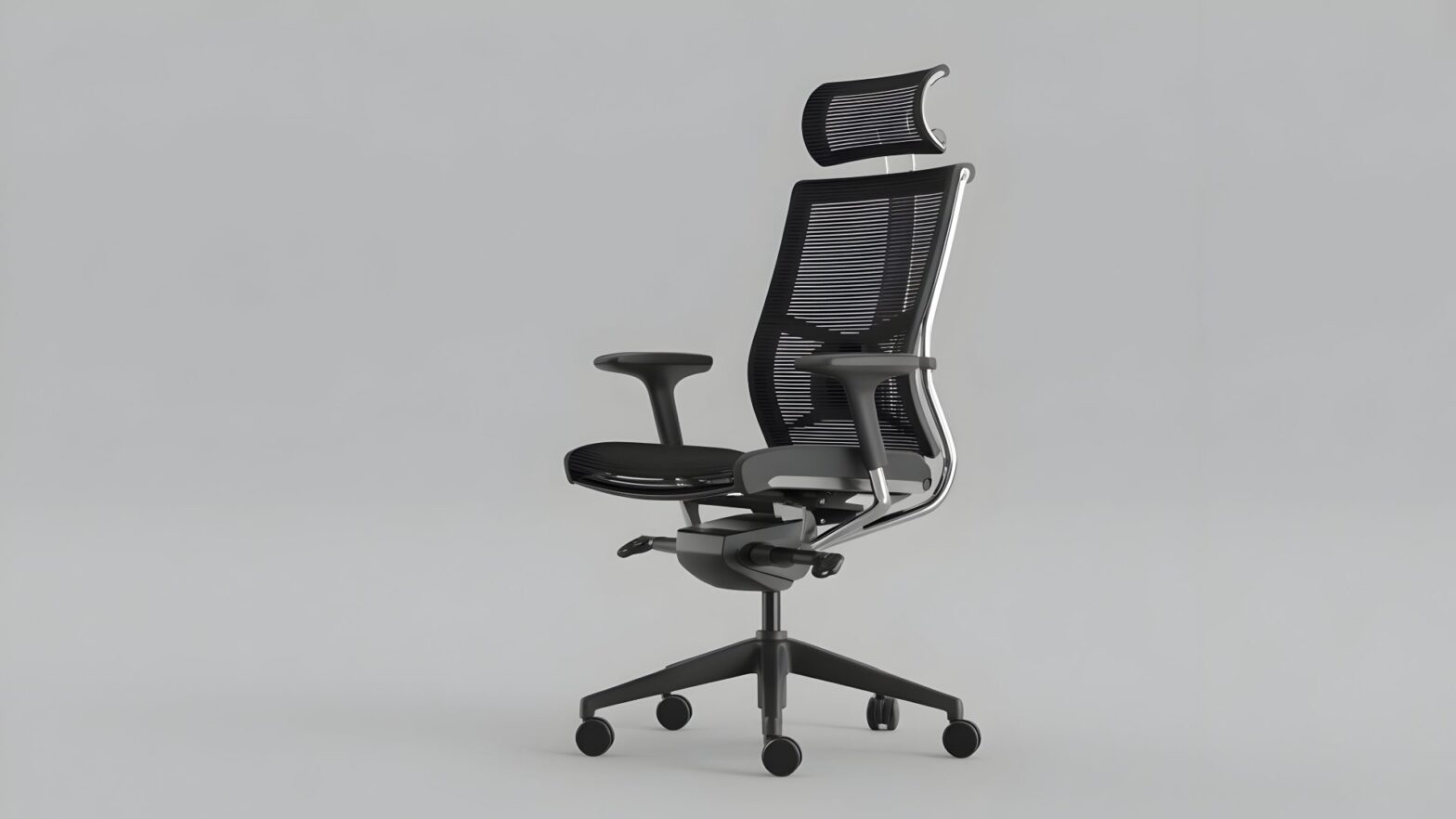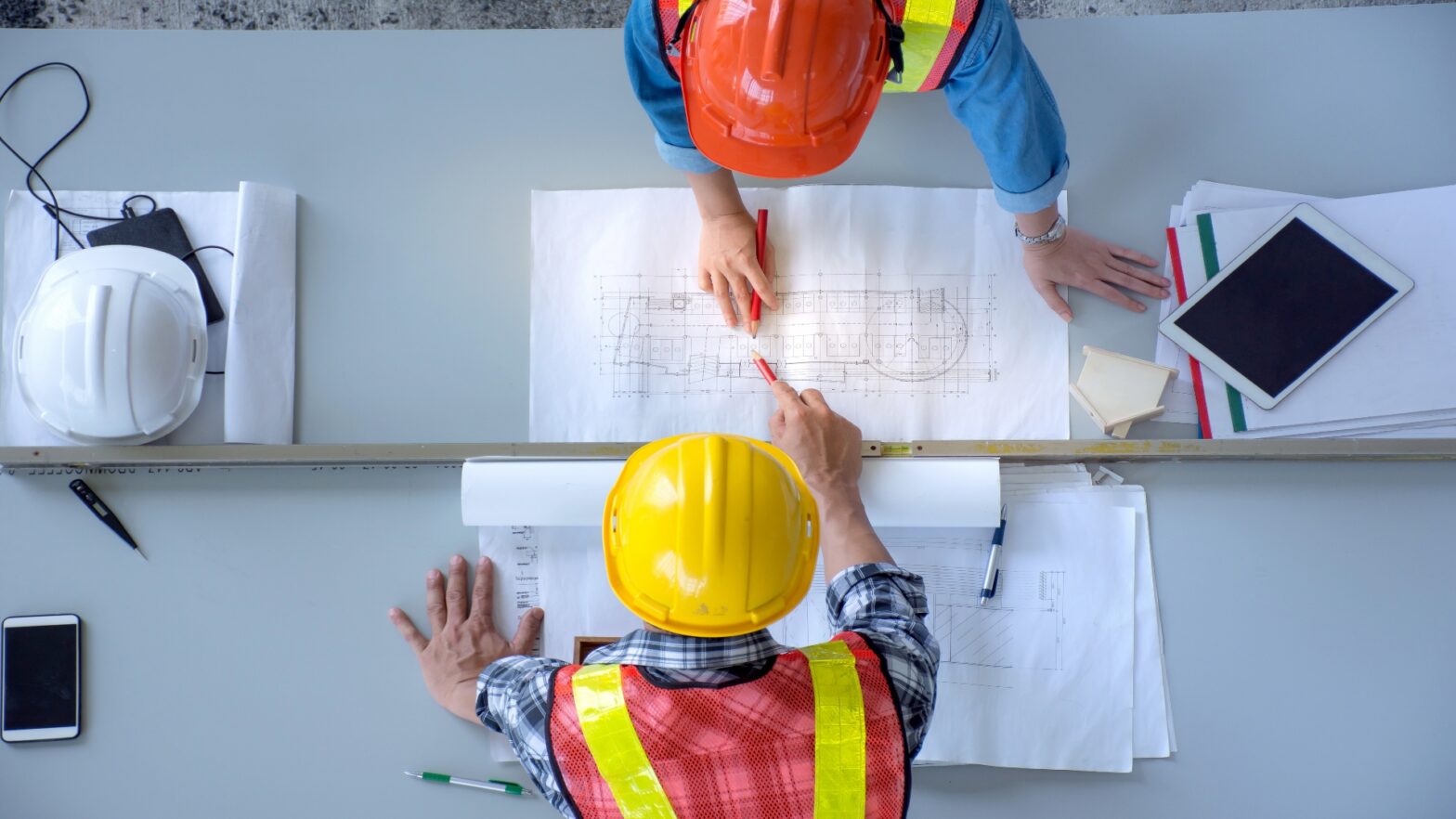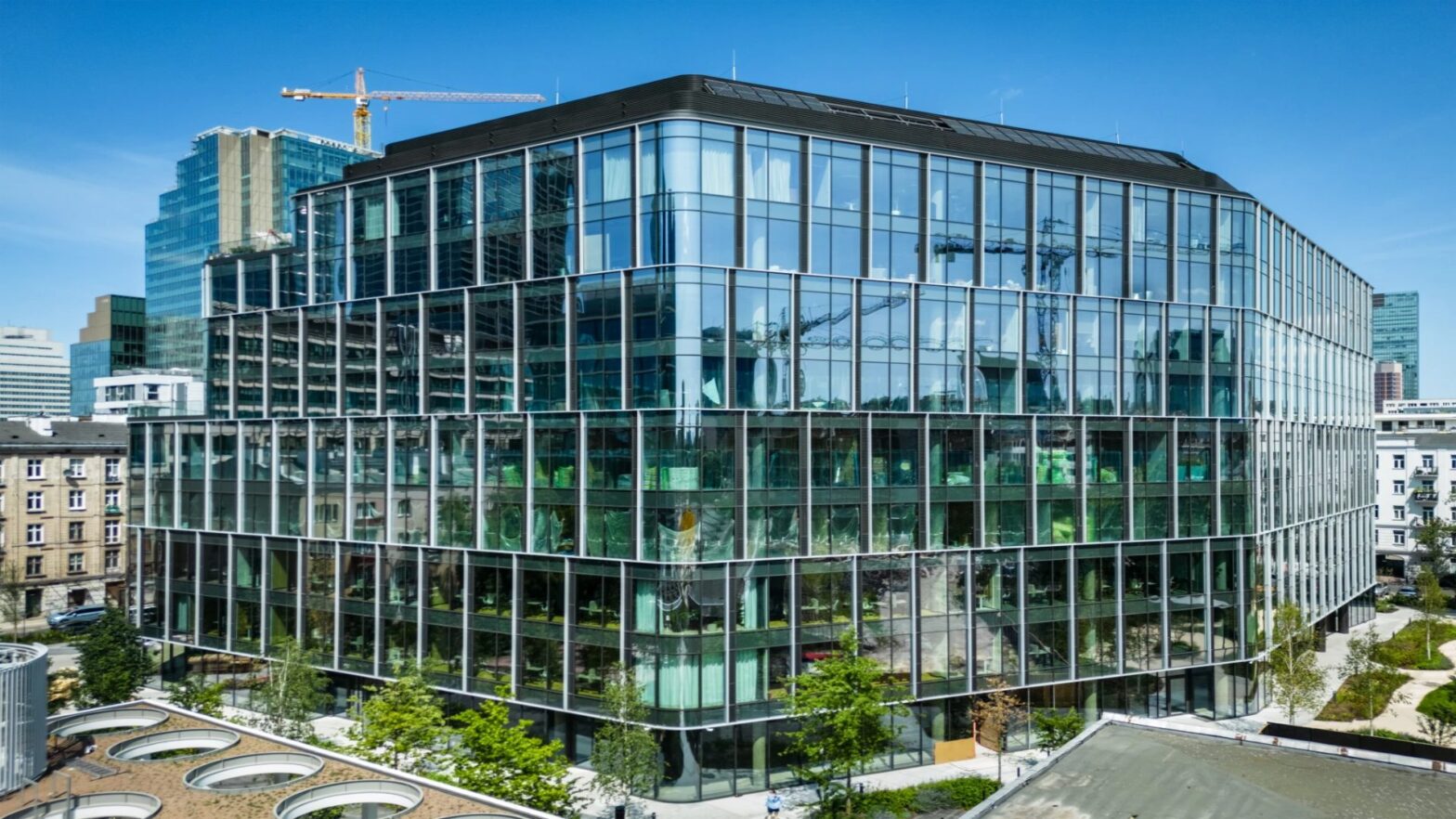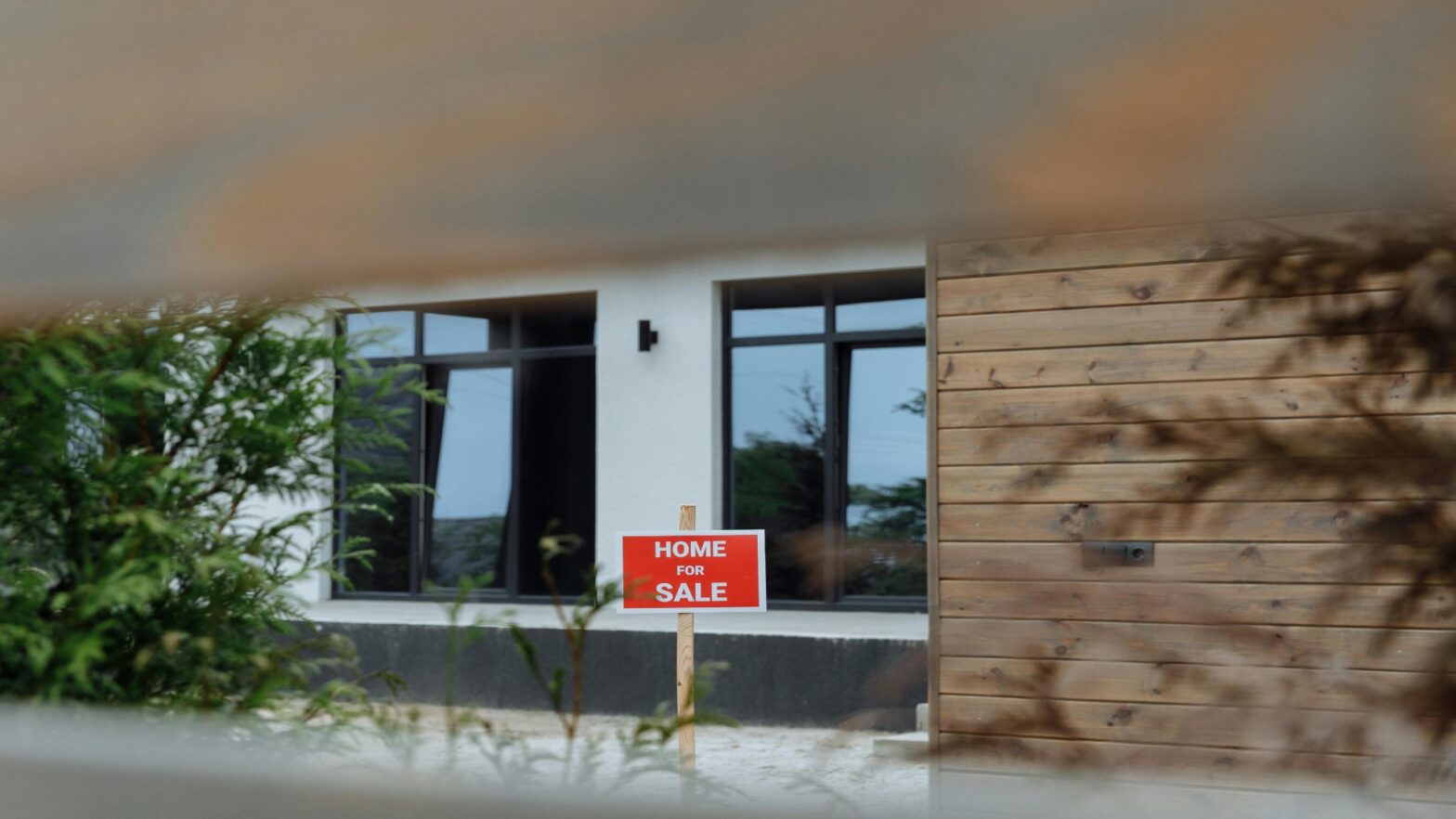Transforming a basic jobsite trailer into a functional workspace improves daily operations, supports productivity, and boosts worker morale. A well-organised and comfortable mobile office contributes directly to performance and satisfaction in construction environments where efficiency is vital.
Whether running a temporary site office or managing a long-term remote project, implementing practical steps for jobsite comfort can enhance team focus, streamline workflows, and keep progress on schedule.
Furniture and Accessories That Define On-the-Go Comfort
Equipping a mobile office with the right furniture improves comfort and function during long site shifts. Thoughtful design choices make limited space more usable while supporting team wellbeing.
Efficient space management is essential in temporary office setups. The following items contribute to a comfortable and productive mobile workspace:
- Height-adjustable desks suitable for various working positions
- Storage units with multiple compartments for easy access and organisation
- Modular furniture systems that allow for flexible rearrangement
- Ergonomic chairs fitted with lumbar support
- Directional task lighting for individual work zones
Creating a Comfortable Common Area
Introducing a multi-functional couch with integrated storage offers seating and added usability. It provides a welcome area for staff while helping maximise floor space—especially important in compact jobsite offices.
Versatile furniture supports efficiency in constrained environments. Proper placement of extension leads, cable organisers, and mobile storage trolleys minimises clutter. Adjustable workstations can be reconfigured as team sizes or tasks shift, helping maintain productivity from project start to finish.
| Emergency signage guidelines: Clearly label all emergency exits, assembly points, and first aid stations using weatherproof signage visible day and night. |
Reliable Solutions for Harsh Environments
Outdoor mobile offices face continuous exposure to extreme conditions—rain, wind, sun, and temperature swings—often worsened by climate change. These structures deteriorate quickly without adequate protection, raising safety risks and increasing maintenance expenses.
Improving environmental resilience requires high-quality materials and proven installation methods. Weather-resistant coatings, adequate insulation, and secure sealing systems extend the life of mobile units and ensure usability across seasons.
These measures also support site compliance with broader environmental standards.
Moisture and Weatherproofing Protection
High-performance products, such as easy-to-apply lap sealants, create essential moisture barriers. When applied correctly, these sealants limit water infiltration and protect seams around doors and windows. They also support safe, dry conditions in mobile trailers and site offices over long periods.
Additional materials that strengthen mobile workspace durability include:
- Reinforced seals around windows and doors to reduce dust and draughts
- UV-resistant coatings to guard against prolonged sun exposure
- Waterproof membrane roofing to prevent internal leaks
- Anti-corrosion treatments for external metal parts
- Wall panels with built-in insulation for thermal control
Weatherproofing mobile spaces minimises structural damage and lowers maintenance costs. Planning protection measures allows teams to work without daily disruptions caused by leaks, draughts, or corrosion.
Regular inspections also help detect weak points before they lead to major repairs—keeping temporary offices secure and functional year-round.
Optimizing Lighting, Temperature, and Noise
Ensuring comfort and safety within mobile jobsite offices requires more than sound structure. Effective workspace design depends on managing lighting, temperature, and noise levels.
These environmental factors directly influence concentration, communication, and task efficiency, reducing strain and minimising disruption.
Lighting
Adequate lighting supports safety, accuracy, and focus in site-based offices. Poor illumination increases the risk of accidents, eye strain, and mistakes—particularly in areas used for documentation or precision tasks.
As noted by Lord Callanan, Minister of Business and Energy:
“As we’ve shown in the government’s energy saving campaign, small changes, like switching to more efficient light bulbs, can add up to big savings.”
Mobile office setups should combine natural light—through windows or skylights—with reliable artificial lighting.
Adjustable LED fixtures with high energy efficiency and even light distribution reduce glare and shadows, creating a well-lit environment that remains productive and comfortable at all hours.
Temperature Control
Jobsite offices are often exposed to extreme temperatures—scorching heat in summer or cold in winter—affecting worker comfort and safety. Installing reliable HVAC systems designed for mobile setups helps maintain a consistent indoor climate.
To support effective temperature regulation, consider the following:
- Insulate walls, ceilings, and floors to retain heat or cool air
- Seal windows and doors to reduce drafts and energy loss
- Use programmable thermostats to monitor and adjust internal conditions
- Schedule regular servicing of heating and cooling equipment
Consistent indoor temperatures help workers stay focused, reduce health risks, and support continuous productivity across changing weather conditions.
Noise Management
Construction sites often generate high noise levels from machinery, vehicles, and general site activity. Persistent exposure impairs concentration and may lead to fatigue or long-term hearing issues.
Consider these practical sound-reduction measures:
- Install acoustic panels and insulated wall systems
- Apply weatherstripping to doors and windows to block external sound
- Position the trailer away from high-noise zones and active heavy equipment
- Use portable noise barriers or partitions as sound buffers
- Select flooring and ceiling materials that dampen vibration and reduce impact noise
Reducing indoor noise levels improves team alertness, enhances communication, and supports safer, more comfortable work conditions.
Power and Connectivity for Seamless Workflow
Reliable power and consistent connectivity are critical to mobile jobsite performance. Electrical systems should feature multiple power sources to ensure operational continuity.
Surge protectors shield valuable equipment, while portable batteries provide backup during outages or relocations.
To maintain stable site operations, equip your mobile office with:
- Surge-protected, high-capacity power strips
- Portable battery backup systems
- Heavy-duty extension cords suitable for industrial use
- Multi-network cellular boosters
- Dedicated mobile hotspots for consistent Wi-Fi
Redundancy and Network Continuity
As mobile work becomes more data-driven, reliable internet access is essential. A recent study by Pew Research shows that 53% of young adults use smartphones for work-related tasks, underlining the growing need for dependable network infrastructure.
Preparing for high connectivity demand means using secondary connections—such as satellite alongside cellular—to avoid service interruptions.
Backup systems across different carriers reduce downtime, protect communication channels, and ensure operational flow regardless of physical location or signal strength.
| Emergency supplies checklist: Every mobile work unit should maintain an up-to-date inventory of emergency supplies, such as first aid kits, fire extinguishers, torches, and bottled water. |
Routine Maintenance for Long-Term Usability
Consistent upkeep of mobile jobsite offices is essential for maintaining a productive and safe working environment. Routine cleaning and clear maintenance schedules protect health, extend equipment lifespan, and reduce the risk of disruption.
Establishing detailed cleaning procedures helps minimise distractions and ensures that teams can focus on tasks in a hygienic, well-maintained setting.
Use this list to guide daily, weekly, and periodic maintenance:
- Daily sanitisation of high-touch areas such as doorknobs, switches, and shared equipment
- Weekly deep-clean of carpets, upholstery, and window coverings
- Monthly inspection of HVAC filters and ductwork for dust and blockages
- Quarterly check of plumbing and water systems for leaks or contamination
- Bi-annual inspection of seals, weatherstripping, and insulation for wear
Maintenance goes beyond cleaning. Monitor HVAC efficiency, inspect equipment for wear, and record all work in dedicated logs. Addressing issues early prevents major faults and ensures your jobsite office remains dependable throughout every project phase.
Essentials for a Productive Mobile Workspace
Creating an efficient mobile office requires more than a basic setup. Ergonomic furniture, safety-focused layouts, and environmental controls all support worker performance and well-being.
Selecting adjustable seating, installing reliable power sources, and enforcing proper safety protocols contribute directly to productivity on-site.
A well-equipped mobile workspace supports both individual and team needs. It provides a professional environment where staff can stay focused and comfortable—regardless of weather, location, or project length.












